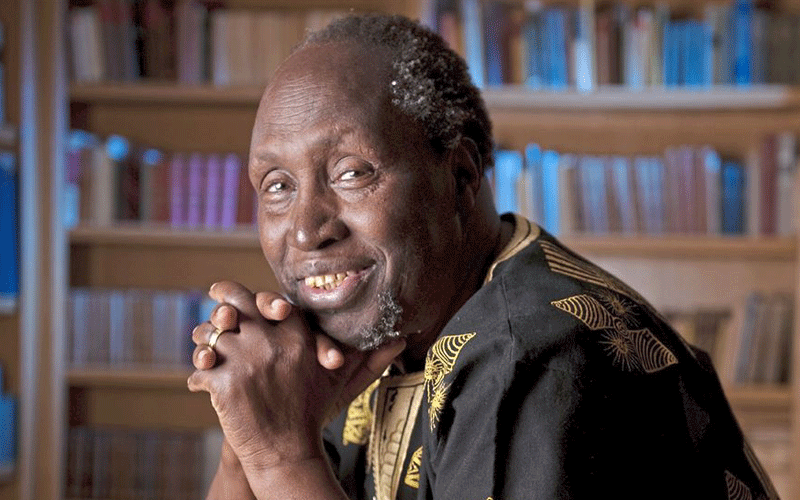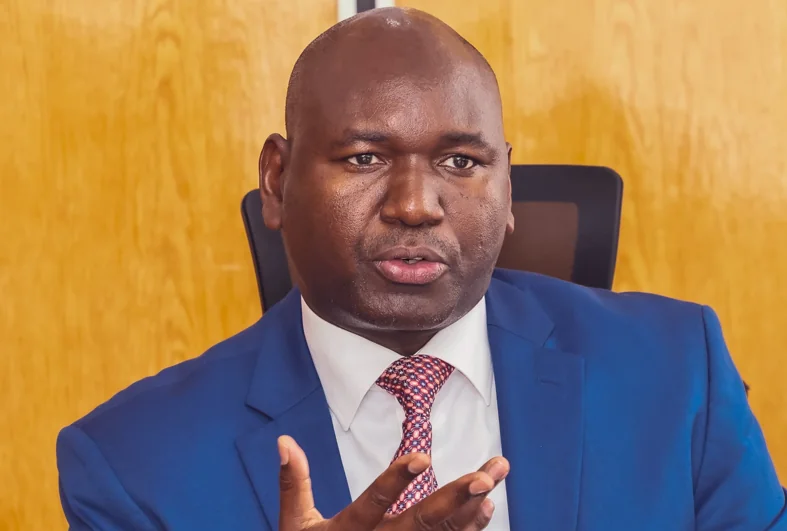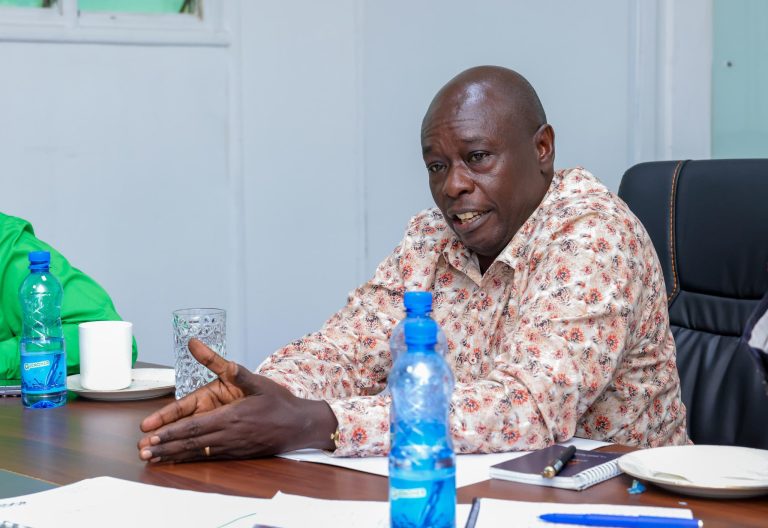Uhuru conveys condolences to Ngugi wa Thiong’o’s family
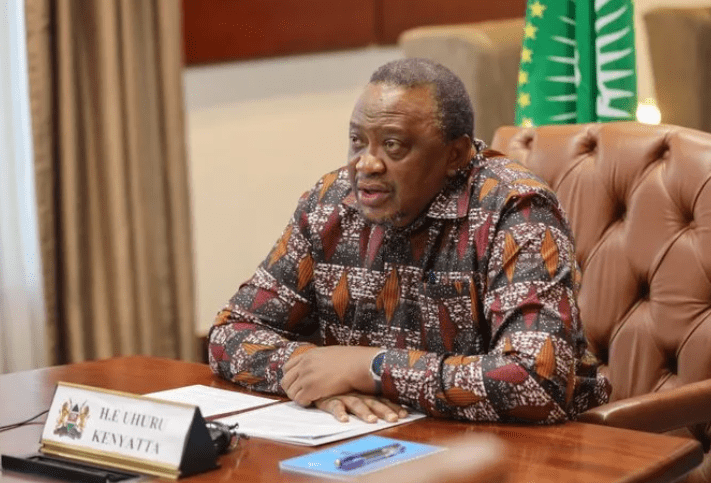
Former President Uhuru Kenyatta has sent a heartfelt message of condolence to the family of renowned Kenyan author and scholar Ngugi wa Thiong’o, who passed away on the morning of Wednesday, May 28, 2025.
His daughter, Wanjiku wa Ngugi, confirmed the sad news in a Facebook post, saying her father had lived a full life and wished for his legacy to be celebrated.
In a statement released by the Office of the Fourth President on Thursday, May 29, 2025, Kenyatta described the late professor as more than just a writer. He praised Ngugi as a visionary thinker whose work crossed borders and touched lives across the globe.
Kenyatta said that Ngugi’s unwavering commitment to truth, justice, and the power of native languages made him a source of inspiration for generations. He admired the professor’s bold decision to embrace writing in Gikuyu, his mother tongue, as a way to promote linguistic pride and cultural liberation.
“Prof. Ngũgĩ was not just a writer but also a seer whose words transcended boundaries, advocating for African narratives and inspiring generations with his unwavering commitment to truth, justice, and the power of native languages” Kenyatta stated.
The former head of state noted that this choice reshaped African literature and reminded the continent that its voice is strongest when grounded in identity.
Kenyatta also offered prayers of comfort to Ngugi’s family, expressing hope that God would give them strength during this difficult time. He quoted a Bible verse, 2 Corinthians 1:3-4, encouraging the family to take comfort in God’s ability to console the grieving and help them support others. He concluded by asking God to grant Ngugi’s soul eternal peace.
Icon
Ngugi wa Thiong’o was 87 years old at the time of his death. Born on January 5, 1938, he became a towering figure in African literature, known for works such as Weep Not, Child, Petals of Blood, and Decolonising the Mind. His novel The River Between was widely read and became part of Kenya’s school curriculum.
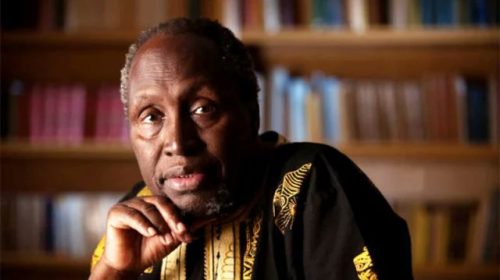
Though he began writing in English, Ngugi later made a conscious decision to write in Gikuyu, aligning his work with a deeper political and cultural mission. This shift marked a defining moment in his career, positioning him as a champion of African languages and identity.
Ngugi spent his final years in the United States. His daughter said the family would share more details about his burial arrangements in due course.
